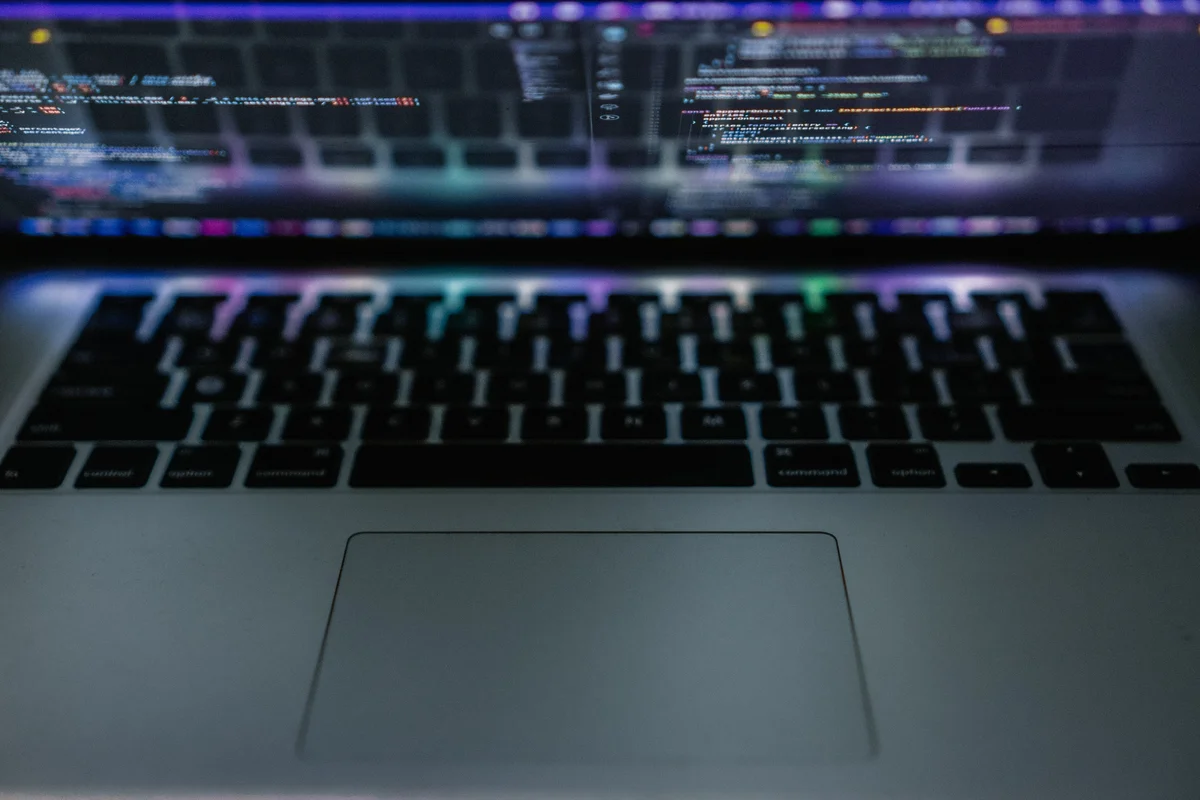Simple ways to get help with a python assignment
Any beginner who has decided to learn Python has probably encountered difficulties solving tasks. Many people turn to python assignment help services like Getcodinghelp. We’ve put together for you a list of tips to help you tackle tasks on your own.
Why learn Python?
Python has many advantages:
- the high popularity of the language and use in a large number of projects;
- relatively simple, yet strict syntax;
- many available development environments, services, and frameworks;
- tools for working with email, Internet protocols, databases, and other tools in the standard language library;
- demand for Python developers in the job market.
Some of the main features are dynamic typification, problems with the version compatibility, and low code speed compared to other programming languages. If you’re not learning Python as your first language, you may find the syntax unfamiliar.
Such corporations as Google, Facebook, Microsoft, and others use Python to create products.
Tips for learning Python and doing assignments
Here are some tips to help the aspiring programmer implement new concepts.
Program daily
Consistency is very important when learning a programming language. We recommend making it a habit to write code daily. It may be hard to believe, but muscle memory plays a big role in programming. Writing code daily will really help develop muscle memory. Although it may seem daunting at first glance, start with 25 minutes each day and increase the time further.
Take notes
As you develop as a programmer, you may wonder if you should take any notes. Of course, you should! In fact, studies show that handwritten notes are most successful for long-term memorization. This will be especially helpful for those wishing to become full-time developers since many interviews involve writing code on a whiteboard.
One day you will start working on small projects and programs. Writing an algorithm by hand will help you plan the code before transferring it to your computer. You can save a lot of time if you schedule what functions and classes are needed and how they will interact.
Remember about interactivity
When you’re learning basic Python data structures (like lines, lists, dictionaries, etc.) or debugging your application, interactive Python environments will be your best learning tool.
To use a Python interactive environment (sometimes called a “Python REPL”), you need Python installed. To activate the interactive environment, simply open a terminal and type the command python or python3, depending on the installation version.
Take breaks
When you’re learning, it’s important to take a step back and be aware of the basics. The widespread Pomodoro technique can help. You work for 25 minutes, take a short break (5 minutes), and so on at this rhythm. Breaks are important in successful learning, especially when you need to absorb a lot of new information.
Breaks are equally important when debugging a program. If you find an error, but can’t figure out what is going wrong, take a break. Get away from the computer, take a walk, or talk to a friend.
In programming, code must follow the rules of language and logic, so one forgotten inverted comma can break everything. A fresh perspective makes all the difference.
Become a bug hunter
You can say about bugs that they are inevitable. One day you will start writing complex programs in which you will encounter bugs in the code. It happens to all of us! Don’t let bugs ruin your plans. On the contrary, take pride in these moments and imagine yourself as a bug-catcher.
When debugging, it is important to have a methodology to help you find where program crashes occur. Follow your code according to the order in which it works and make sure that every part works. This is a great way to debug.
At some point, you will find the intended crash location. Then insert the line
import pdb; pdb.set_trace()into your code and run it. This will run the Python debugger and put you into interactive mode. You can also run the debugger from the command line with the help of the line.
python -m pdb <my_file.py>Surround yourself with those who are learning
Programming may seem like a solitary activity. But in fact, it’s better if you work together with someone. When learning Python, it’s important to surround yourself with other people who are also learning. This will allow you to share tips and tricks you’ve gone through while learning.
Don’t worry if you don’t know anyone. There are many ways to meet like-minded people! Look for local meetups or join a community of Python enthusiasts just like you!
Teach others
They say that the best way to learn something is to teach it. This is also true when learning Python. There are many ways to do this: lessons with other Python enthusiasts, writing posts explaining new concepts you’ve learned, recording videos explaining what you’ve learned, or just talking to yourself on your computer. Each of these strategies will reinforce your understanding as well as identify gaps in your knowledge.
Ask the right questions
People always say there are no bad questions. But when it comes to programming, the question can be asked in a bad way. When you’re looking for someone to help you solve a problem, the person is usually not aware of the context. So it’s best if you address the following things in the question:
- The context of the problem and the problem that arose;
- The steps you took to correct the error;
- A suggestion of what the error might be related to. This will give insight into your thinking;
- A demonstration of what’s going on. Add code to the question, logs of error messages, and the sequence of actions that led to the error. Then the helper won’t have to recreate the crash themselves.
Asking correct questions saves a lot of time. Skipping any of these points will lead to conversations that can turn into misunderstandings. As a beginner, you should know how to ask the right questions. So learn to explain your thoughts so that the people helping you are happy to keep doing it.
Code something, anything
There are lots of assignments for beginners to help them feel more confident and develop muscle memory. We’ve talked about this before.
Once you’ve mastered basic structures (lines, lists, dictionaries, sets) and writing classes, it’s time to start coding!
It’s not too important what to code. It is much more important how. This is really the most educational way. You can learn a lot by reading articles and studying Python courses. But you’ll get most of your knowledge from coding applications. The problems you solve will teach you a lot.
There are many lists with ideas for beginner’s projects. Here are some ideas to get you started:
- A “Guess the Number” game;
- A simple calculator;
- A dice simulator;
- Cryptocurrency price notification service.
With these tips, you definitely won’t have to seek help from specialists who will solve Python problems for you. Instead, you’ll gain quality knowledge and invaluable experience by learning everything yourself.




